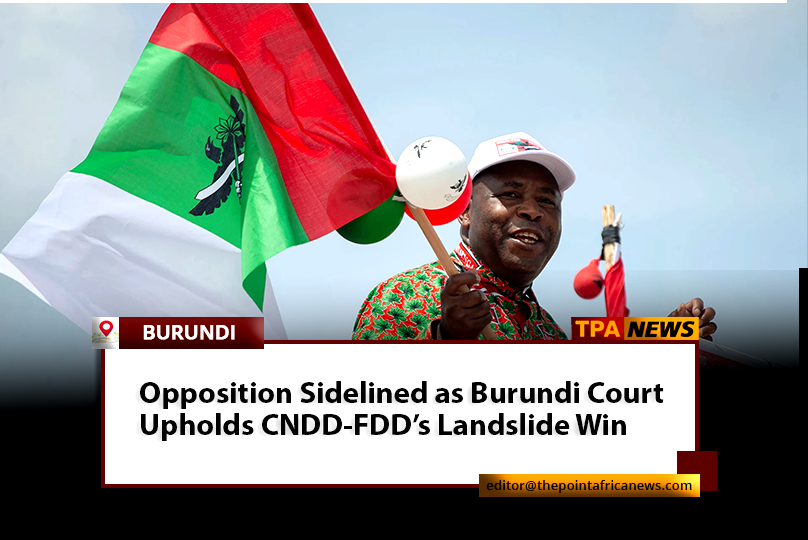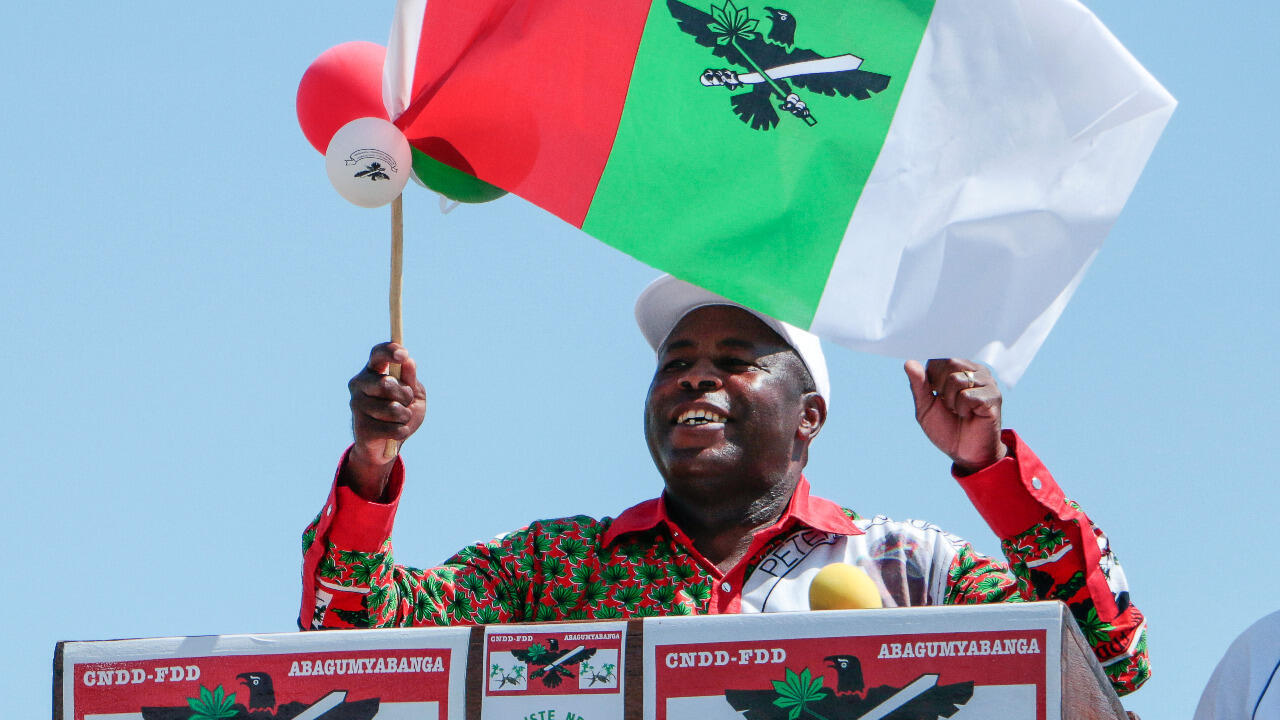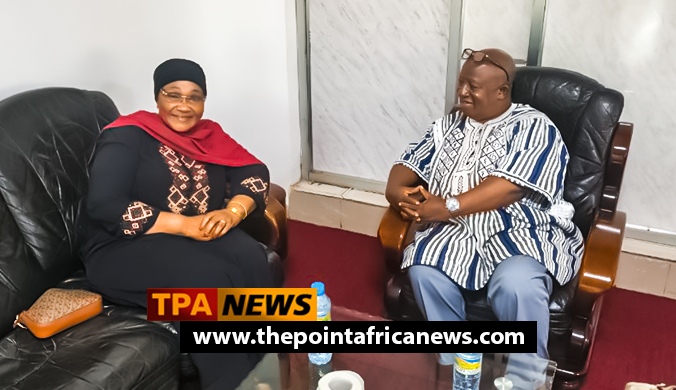
Burundi’s top court on Friday, June 21, formally validated the ruling CNDD-FDD party’s overwhelming win in the June 5 legislative elections, clearing the way for near-total political dominance in the country’s National Assembly.
The Constitutional Court’s decision confirmed that the ruling party had secured all 100 contested parliamentary seats after claiming more than 96% of the national vote. The court also rejected challenges brought forward by smaller parties, declaring them “unfounded,” despite reports of procedural irregularities and concerns about political suppression during the campaign period.
In a move that raises fresh concerns over political pluralism in the East African nation, opposition parties—particularly the National Congress for Liberty (CNL), which was once the main challenger—were effectively shut out of the legislative process. With no party meeting the 2% vote threshold for proportional representation besides CNDD-FDD, the ruling party will control not only the legislative process but also the nomination of key institutional figures for the next five years.
The parliament will include 111 members in total, with ethnic and gender quotas filled through co-opted seats. This includes eight CNDD-FDD-nominated members and three seats reserved for the Twa minority, ensuring the country maintains its constitutional Hutu-Tutsi-Twa power balance.
The decision comes amid growing criticism from international human rights observers who argue that political space in Burundi has significantly shrunk in recent years. Allegations of intimidation, media censorship, and judicial bias have marred the credibility of the country’s elections since 2020.
Burundi’s newly certified legislature is expected to be sworn in on July 28, with Senate elections to follow on July 23 and local government elections on August 25.
While President Évariste Ndayishimiye has touted the electoral process as a demonstration of “Burundi’s democracy in action,” critics argue that the near-elimination of opposition voices in parliament signals a dangerous slide into one-party authoritarianism.
By: TPA News Desk | editor@thepointafricanews.com








Leave a Reply